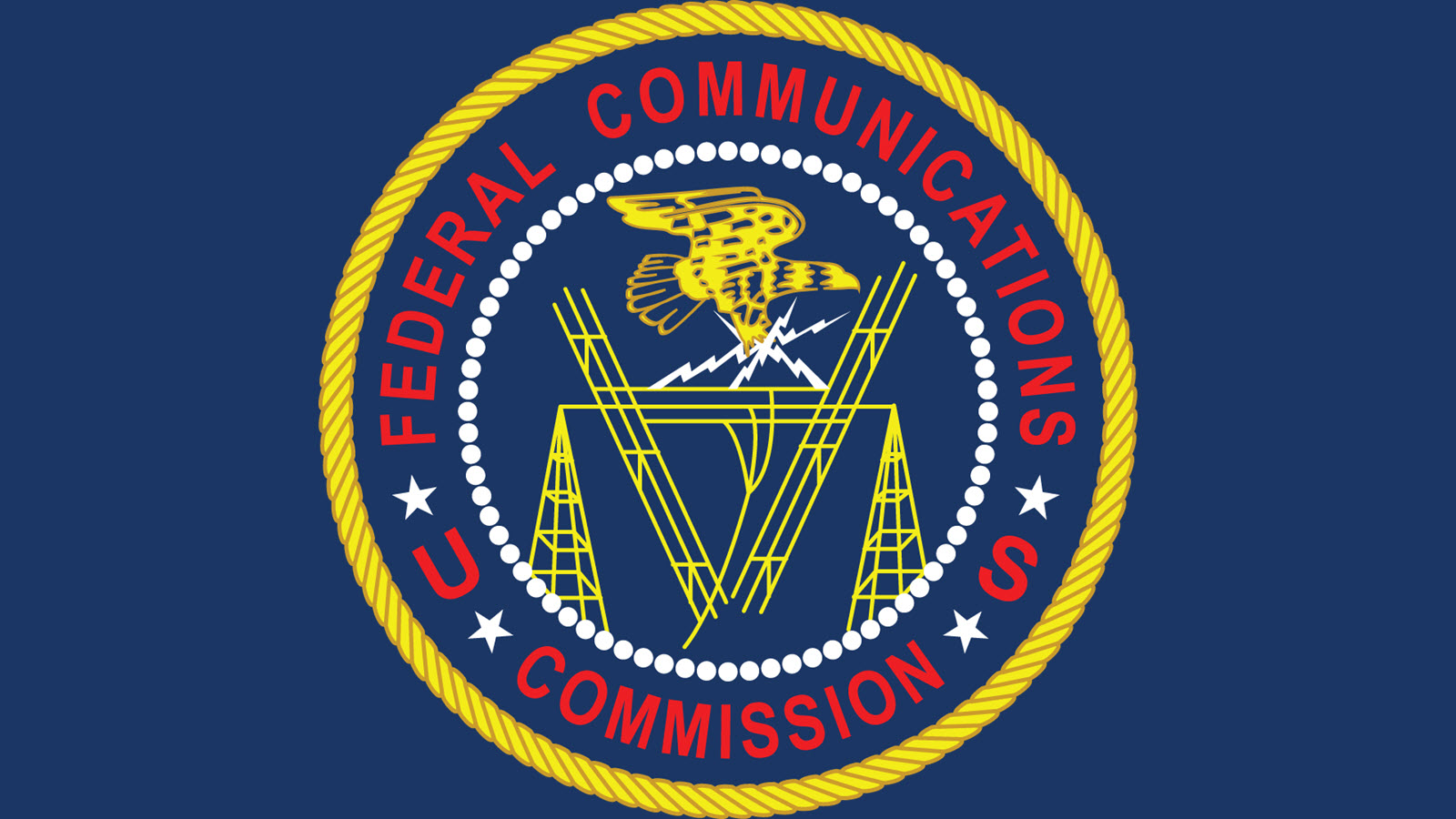Carriers Divided on Mobile Broadband Competitiveness

The smarter way to stay on top of the multichannel video marketplace. Sign up below.
You are now subscribed
Your newsletter sign-up was successful
The mobile wireless broadband marketplace is either wildly competitive or definitely not so, depending on whom you ask.
In comments to the FCC Thursday (July 26) for a new congressionally-mandated report on competition in mobile wireless broadband, the major wireless carriers--individually (Verizon and AT&T) and collectively (from CTIA and others)--the marketplace is full of cut-throat competitors, while competitive carriers said much of the country lacks reliable service from anyone, much less competition.
Related: Free State Foundation Says Mobile Is Now Substitute For Fixed
The major carriers said the FCC should echo the finding of its 2017 report that there is effective competition in the mobile broadband marketplace, especially since the marketplace has gotten even more wildly competitive since then, while the Competitive Carriers Association said that conclusion was a mistake that the FCC should use this report to correct that misperception.
This from AT&T, for example: "Competition over unlimited plans and associated features resulted in a 'price war” that “underscor[es] the cutthroat nature' of competition among the leading wireless carriers," it said, quoting a news story that made that claim. And this from CTIA: "The wireless market in the United States is vibrant, innovative, and highly competitive. Consumers today have unparalleled choice among wireless providers, services, plans, and devices."
But ostensibly looking at the same players and marketplace, the Competitive Carriers Association drew strikingly different conclusions.
"[M]uch of the country still lacks access to reliable mobile wireless service including 3G and 4G," CCA said. "In reality, the increasing concentration of the wireless market between the two largest providers—AT&T and Verizon—combined with existing regulatory barriers to wireless market expansion negatively impact competitive entry and competitive expansion, particularly in rural and remote areas...[T]he experience of CCA members and the on-the-ground experience of consumers—including statistics obtained just by driving through many parts of the country—make clear that mobile wireless service is not yet available everywhere, much less on a competitive basis," CCA maintained.
Incumbents' argument that the market is effectively competitive is important because such a finding is a deregulatory trigger, a trigger that CCA argues is nonexistent, indicating laws and regs are still needed to help achieve a competitive market.
"The Commission must recognize regulatory barriers to competitive entry and expansion in the mobile wireless market and address limitations affecting the mobile wireless ecosystem," said CCA, which argues that is necessary if the FCC is to close the mobile competitive digital divide, particularly in the rural areas where it is most evident.
The smarter way to stay on top of the multichannel video marketplace. Sign up below.
Contributing editor John Eggerton has been an editor and/or writer on media regulation, legislation and policy for over four decades, including covering the FCC, FTC, Congress, the major media trade associations, and the federal courts. In addition to Multichannel News and Broadcasting + Cable, his work has appeared in Radio World, TV Technology, TV Fax, This Week in Consumer Electronics, Variety and the Encyclopedia Britannica.

